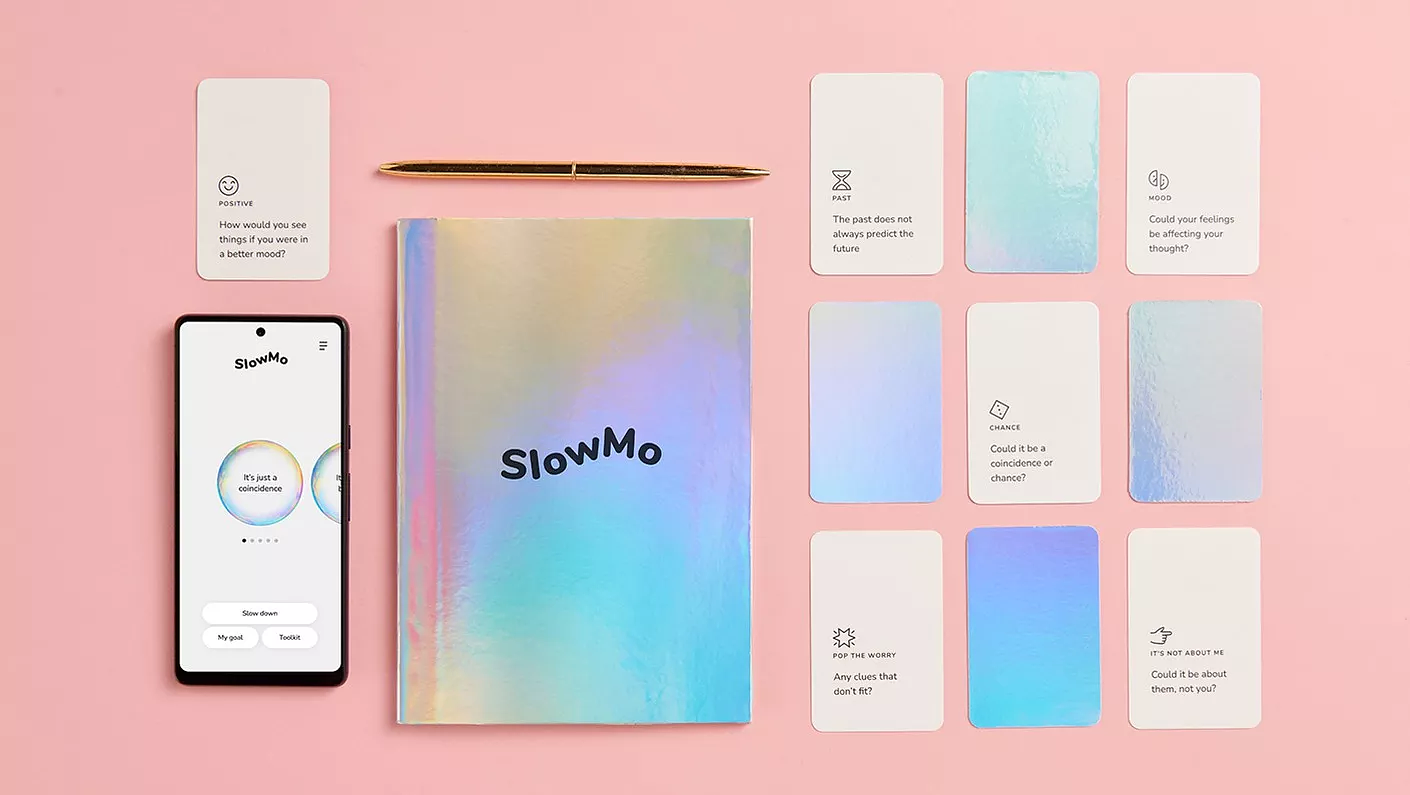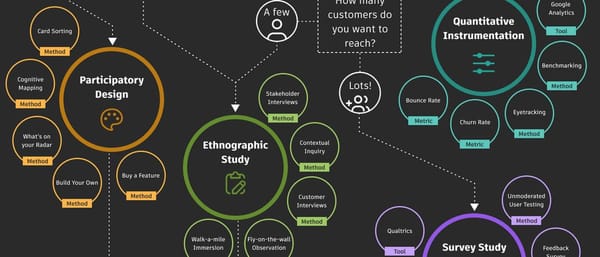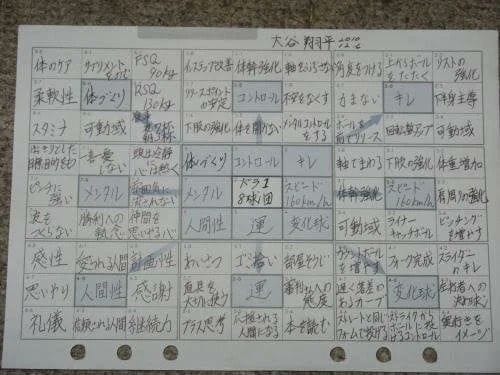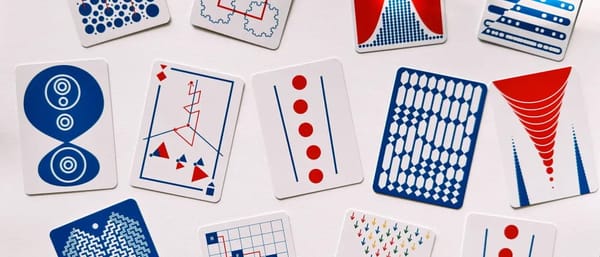№ 22 | Digital Therapy, The Compatibility Game, Responsible Tech, Violent Language, and the ‘ASAP + Agree’ Communication Framework

Digital Therapy
While it's only a concept (?), there's a lot to like about this digital therapy project (designed for patients with psychosis). There's the design of the app, the evidence-based approach to therapy, and—of course—the accompanying physical cards. More detailed information and screens on their case study page.

Speaking of cards…
The Compatibility Game
The School Of Life just released a new game, for couples! This one is described as “a game—to—with charm and wit – guide us to insights about what really matters to us, where certain differences might lie and how best to deal with these.” Check out [The Compatibility Gam.)

Responsible Tech?
Here's a serendipitous ‘two-fer’ that I came across this week:
First, a framework to support “responsible technology.” I'm… intrigued. At a glance, it's looks solid. All the qualities identified make sense to me (though, I usually assess things like this by doing my own bit of brainstorming on the topic, starting with a blank canvas, then reviewing any gaps/differences—which I haven't done here) .

Then, I stumbled across this recent book review of Deliberate Intervention by Cennydd Bowles, which kind of backs into similar territory. From his review:
Deliberate Intervention begins by discussing what readers can do if, like the author, they suspect something’s not right in the world of technology design.
Maybe policy and governance are the larger contexts for UX and product design: if so, we owe them our attention. /Deliberate Intervention,/then, is a grown-up, skillfully written book that our industry might just be ready for.
Demystifying regulation and policy… [is] important for anyone who wants technology’s power to be applied responsibly as its scope increases.
Violent Language
I love simple charts like this, that highlight the metaphors deeply embedded into our (English) language. Once we're aware of these metaphors (often suggesting violent, competitive, zero-sum games), we can objectively assess whether these frames are actually useful to a conversation, or hinder our thinking. Incidentally, I write about this in Figure It Out.

ASAP + Agree
Here's a “life-saving, job-saving communication framework” you can fall back on in difficult situations: ASAP + Agree.

Hat tip to Andrea Mignolo who shared this on LinkedIn, with this commentary:
What I love about this framework is that you continue to loop through it until the conversation is finished. Because conversations are non-linear and filled with surprises, this means you always have a path forward no matter what happens. And once you know you have a "next move" at hand, you can relax into the present moment and give the other person and the conversation your full attention.





